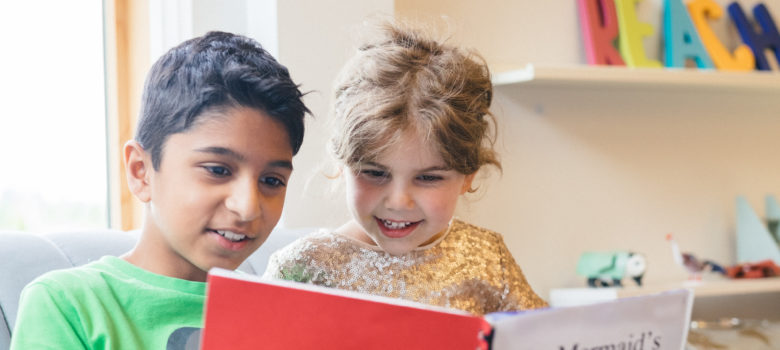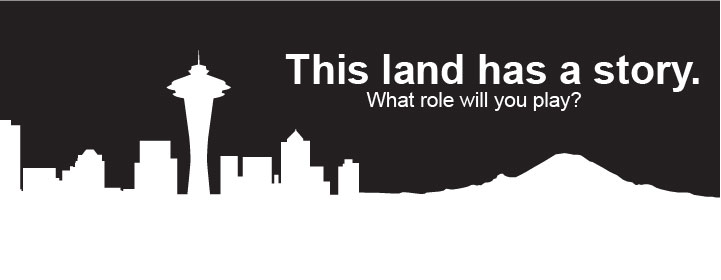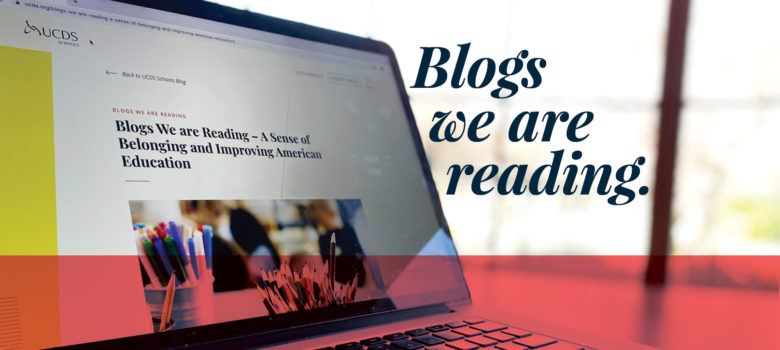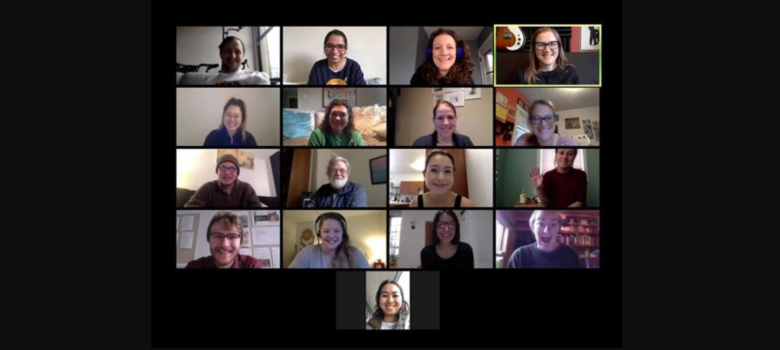By Louise Conway, Learning Specialist Support
Kindness Vs. Cruelty: Helping Kids Hear The Better Angels Of Their Nature
Mindshift recently published an article about how children develop kindness. Cory Turner and Anya Kamenetz, the article’s authors, covered a few different research studies that have been done regarding kindness, finding that the capacity for kindness begins subconsciously with mirror neurons in infants. However, almost just as early, infants show a preference for kindness toward people that are similar to themselves, setting the foundations for bias early.
More hopeful, Turner and Kamenetz report that a study of toddlers showed a commonality among those who were helpful to people even with no reward or praise offered: warm and nurturing mothers who provided direct and firm instruction in kindness. While these warm and nurturing caregivers weren’t present when the toddlers showed altruistic tendencies, the children had generalized their instruction to new contexts.
Reading this article, I was reminded of an observation made by one of my coworkers during UCDS summer camp recently. I asked the students to share the projects that they were working on with each other and then invited the group to share any questions or comments. “They’re so kind to each other!” she marveled, as my campers offered genuinely thoughtful compliments and helpful suggestions about each project with no instruction to do so. While some of the projects were at their very beginning stages and it was difficult even for me to see how they might turn out, my students found something authentic to appreciate about each one.
At UCDS, clear coaching in social skills and respect, delivered with warmth and nurturing, is integrated throughout the day. Whether on the playground or in the classroom, everyday teachers are working with small groups or individual kids to understand another’s perspective, reflect on how their choices affect others, and consider how to make a positive impact in their community. This small moment at summer camp showed that all of these little (and sometimes big) conversations add up to kids who, when given the opportunity, choose to lift each other up with kindness.





